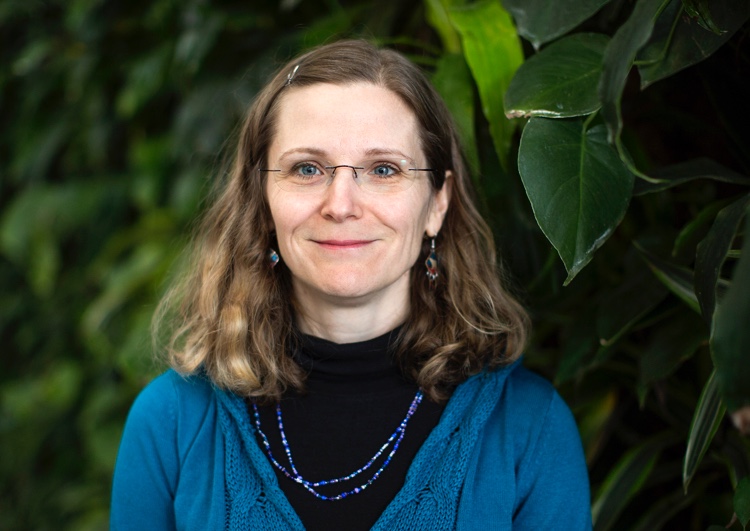
SPPA Associate Professor Alexandra Mallett
Pedro Bigolin Neto and SPPA Associate Professor Alexandra Mallett‘s paper Public participation in environmental impact assessment processes through various channels – Can you listen to us now? Lessons from a Brazilian mining case was recently published in Extractive Industries and Society, Volume 13, March 2023, 101186, as part of a special section on ““Institutions, Governance and Extractives: Where politics and ecologies collide” edited by Alice Beban and Glenn Banks at Massey University in New Zealand.
Highlights
- Public participation in Environmental Impact Assessment processes is generally considered to be one of the main safeguards of ensuring access to information and democratization of decision-making processes regarding environmental issues but implementation is spotty.
- Actors pursue outside channels to influence decisions given problems with existing formal processes such as public hearings – particularly in the global South.
- Less is known about when actors pursue both formal and outside activities concurrently.
- Using a case of a proposed mining development in southern Brazil, the paper suggests that formal channels such as public hearings are not enough to ensure adequate public participation in decision-making. Rather, pursuing various outside and formal, ‘state-sanctioned’ channels to influence policy processes can be effective.
Abstract:
Public participation in Environmental Impact Assessment processes is generally considered to be one of the main safeguards of ensuring access to information and democratization of decision-making processes regarding environmental issues. However, implementation is spotty. Studies highlight problems found within formal processes and so actors also turn to informal channels and other formal channels outside of the EIA process to achieve goals. While most research points to the role of collusion between industry and government (often to the detriment of the environment), civil society actors similarly use other channels (informal and formal outside of the EIA) to influence formal processes in the EIA to help realize improved environmental outcomes. Less is known however about how these channels interact – can they play a complementary role?
Using a case study of a proposed mining project in southern Brazil (the Retiro Project), we examine the implementation of public participation processes. Echoing previous research around EIA processes in Latin America, we found that there is a discrepancy between law and practice regarding participation within formal processes within the EIA such as public hearings, leading actors to pursue other channels concurrently (informal and formal outside of the EIA) to influence these decision-making processes. Power asymmetries in the case – like many proposed development projects worldwide including in Brazil and Latin America – suggest that formal channels such as the public hearings within the EIA are not enough to ensure adequate public participation in decision-making. Rather, pursuing various channels of inputting into policy processes, while more complex, can be more effective.